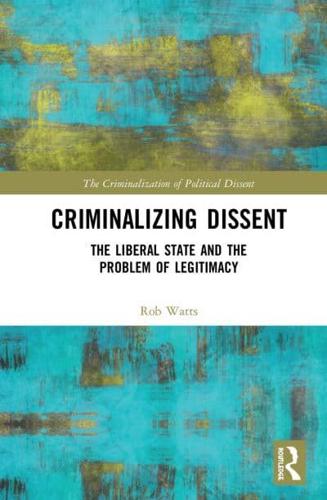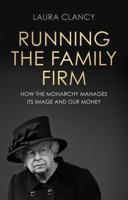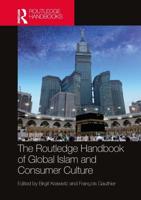Publisher's Synopsis
While liberal-democratic states like America, Britain and Australia claim to value freedom of expression and the right to dissent, they have always actually criminalized dissent. This disposition has worsened since 9/11 and the 2008 Great Recession. This ground-breaking study shows that just as dissent involves far more than protest marches, so too liberal-democratic states have expanded the criminalization of dissent.
Drawing on political and social theorists like Arendt, Bourdieu and Isin, the book offers a new way of thinking about politics, dissent and its criminalization relationally. Using case studies like the Occupy movement, selective refusal by Israeli soldiers, urban squatters, democratic education and violence by anti-Apartheid activists, the book highlights the many forms dissent takes along with the many ways liberal-democratic states criminalize it. The book highlights the mix of fear and delusion in play when states privilege security to protect an imagined 'political order' from difference and disagreement.
The book makes a major contribution to political theory, legal studies and sociology. Linking legal, political and normative studies in new ways, Watts shows that ultimately liberal-democracies rely more on sovereignty and the capacity for coercion and declarations of legal 'states of exception' than on liberal-democratic principles. In a time marked by a deepening crisis of democracy, the book argues dissent is increasingly valuable.











